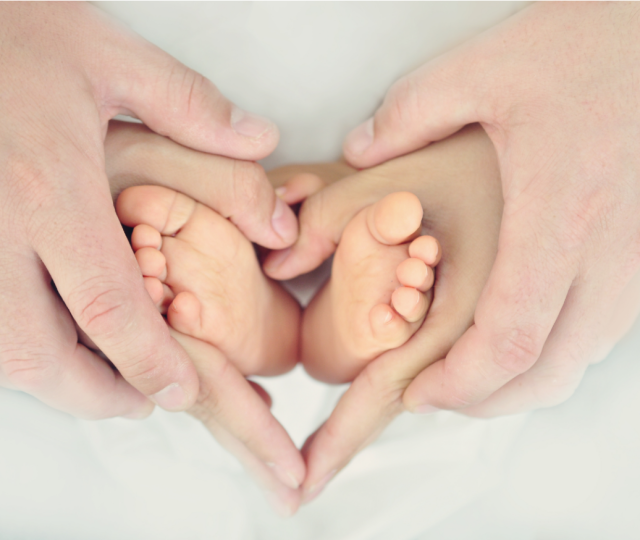For partners
Your partner isn’t the only one expecting a baby; find out what you need to know about pregnancy, childbirth, and bringing baby home.
Find out what you need to know about pregnancy, childbirth, and bringing your baby home as the partner of someone having a baby.

Your partner isn’t the only one expecting a baby; find out what you need to know about pregnancy, childbirth, and bringing baby home.
Share the experience with your partner and learn more about how the body changes during pregnancy.
In the early weeks (1st trimester) pregnant women can feel tired and sick. She might be irritable about things that seem minor to you.
In the middle months (2nd trimester) many pregnant women find that much of their energy returns.
Towards the end of pregnancy (3rd trimester) the baby can feel very heavy. The tiredness and irritability of the early weeks often returns and your partner may start to feel frightened about the birth.
It is safe to have sex during pregnancy, unless your doctor recommends otherwise. Your developing baby is protected by amniotic fluid and strong muscles in the uterus. Make sure you and your partner are comfortable; try different positions as the pregnancy progresses.
You may find it difficult to make love during pregnancy. This can be due to your partner’s changing shape or your worries about the baby. Communication is a key to discovering how to continue to have an intimate relationship throughout pregnancy.
After delivery, doctors typically recommend waiting six weeks to recover. Learn more about sexuality after giving birth.
Your baby’s delivery can be a bit intimidating. Learn about what you can do to help it go more smoothly.
Make sure you know what to pack for mom and you. Be sure to pack a sleeping bag and pillow, you may have to stay overnight.
Review labour and birth to feel more prepared.
You play a critical role in supporting your partner through labour. Learn about the stages of labour and the practical ways you can help her relax and coach through the labour.
Watch a video about labour and birth. Having an idea of what may happen in labour and birth may help you support your partner.
Leaving the hospital with a new baby can be overwhelming. You can be a huge help. Follow these tips for baby’s healthy start:
Never leave home without your tools and supplies – also known as the diaper bag. Remember to restock continually with the basics:
Diapers (at least 2 or 3 for short trip)
Wipes
Change pad for comfort
Complete change of clothes
Diaper cream
Plastic bag for dirty diapers
Extra blanket
Watch these videos to learn more about:
Your support is an important factor in breastfeeding/chestfeeding success. Go with your partner to a prenatal breastfeeding class or clinic.
Postpartum depression & anxiety is not just for moms. Partners can experience it too. You may also feel overwhelmed or overtired. You should not ignore your own feelings. Communicate with your partner and talk to other friends. Learn more about:
All babies cry, but vary in how much, how long and what soothes those tears. Learn more about soothing strategies for crying and essentials on preventing shaken baby syndrome.
24 Hour Cribside Assistance: a site for partners, by partners
Daddy and Me on the Move: activities partners can do with their children
Fatherhood Forever: Fathering for First Nations and Metis parents in BC
Dads in Gear: A program for men who want to be involved, healthy and smoke free dads
Nobody's Perfect Parenting Tips: Scroll down to find the For Fathers Resources


Shari, Maxwell, and Andrew work together across many different teams to provide sustainable, safe, and high quality facilities to patients and staff.
/stories/we-are-ih-staff-who-work-together-patient-comfort-safety


IH offers a range of services to help those who may have mental health, substance use or housing needs.
/stories/sharing-warmth-and-hope-ih-health-services-help-communities


Jayme helps ensure lived experiences are not just welcomed but embedded across Mental Health and Substance Use services at IH.
/stories/we-are-ih-coordinator-centres-peer-voices-care


As temperatures drop, it’s important to be aware of the health risks of cold. Here's what you can do to ensure you remain safe and healthy.
/stories/how-protect-yourself-and-others-when-temperature-drops


Heart disease is the number one killer of women worldwide and the leading cause of premature death in Canada. One in 3 women will be affected by heart disease.
/stories/how-women-experience-heart-disease-differently-men


Wavemakers is a free, groundbreaking virtual reality career-building program where post-secondary students can build skills and connect with employers like IH.
/stories/ih-helps-students-explore-careers-through-virtual-reality-program
Receive news, alerts, public service announcements and articles right to your inbox.
